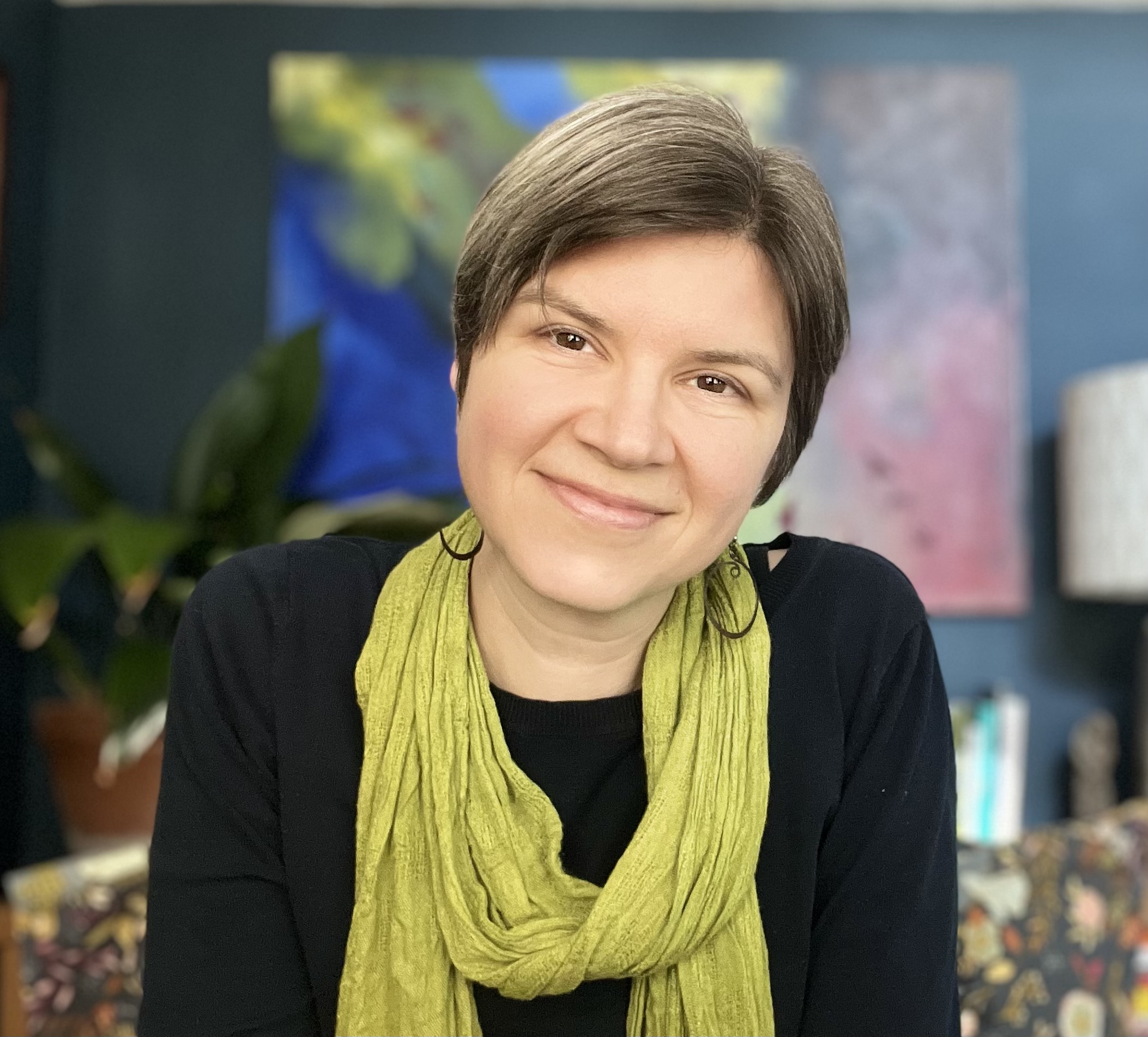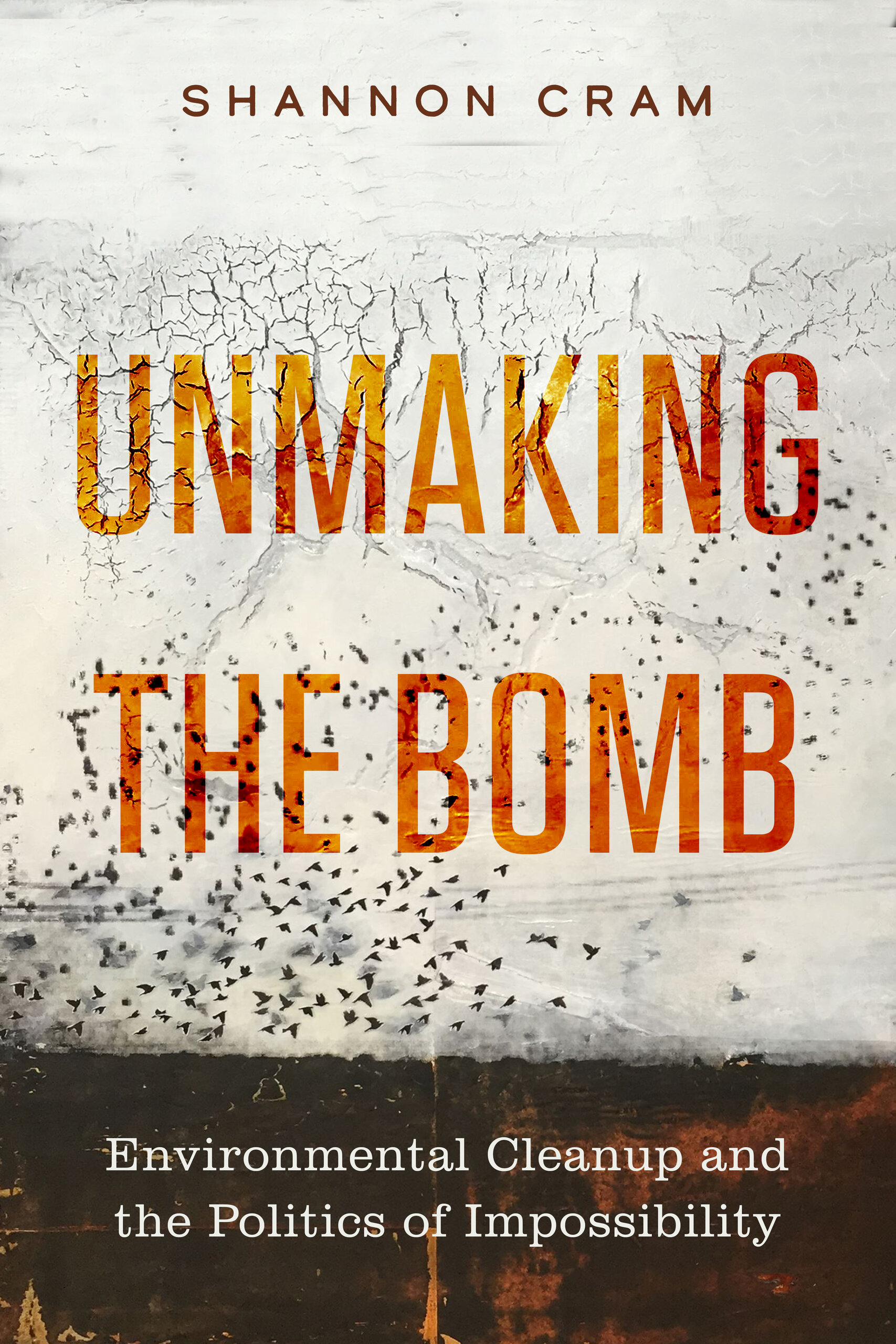
Fleck Prize 2024: Shannon Cram
The Society for Social Studies of Science (4S) has awarded the Ludwik Fleck Prize of 2024 to Shannon Cram for her book Unmaking the Bomb (University of California Press, 2023).

Beautifully written, moving and so important! Subtitled ‘Environmental Clean up and the Politics of Impossibility,’ this is the story of the decommissioned Hanford nuclear complex, or more generally the problem of nuclear waste and a post-nuclear future, the ‘after’ to atomic violence (3). More generally still, it explores the questions of how ‘risk management’ asserts the possibility of calculative control, on one hand, and what i
Acceptance statement:
What an honor to receive this award! I am deeply grateful for the Fleck Prize committee’s consideration of my work, and for the intellectual community that I have found in and through STS. So many Fleck Prize books have been critical to my research, writing, and teaching over the years. It is profoundly humbling to join that list. Unmaking the Bomb was born of a desire to reckon with the very meaning of cleanup in the face of unending waste. It traces how the body-at-risk became a waste management tool for administering cleanup’s impossible conditions. And it engages the power-laden categories of contamination, health, and hazard in order to unsettle policy logics of reasonable harm. My sincere, heartfelt thanks to friends, colleagues, and collaborators at Hanford and beyond whose care and insight have made this book possible.
Bio
Shannon Cram is an associate professor of Interdisciplinary Arts and Sciences at the University of Washington Bothell, where she teaches in the STS and Environmental Studies programs. Her research and writing consider the everyday life of environmental contamination with a particular focus on the body as a site of politics. Unmaking the Bomb is her first book.
Honorable Mentions
The Honourable Mention goes to Emma Kowal for her 2023 book Haunting Biology: Science and Indigeneity, in Australia (Duke University Press).
This is a beautifully written, lyrical and at the same time deeply researched and incisively critical analysis of the impossibility of transcending imperial/colonial pasts, including more specifically those of Euro-scientific knowledge practices built from the dehumanization of Aboriginal bodies. This book is a master class in how to travel respectfully through histories and presents of indigeneity, holding together projects of post/decolonial critique with re/claimings of technoscientific knowledge practices, in ways that acknowledge the always present ghosts of past violence and erasure. The ambivalence of ‘indigenous biological difference’ is traced through its eugenic, racist, and colonizing histories and its current embrace by indigenous activists in the service of social justice; this is a call for unsettling, for listening to ghosts, rather than for resolution.
Finalists
The two finalists which the committee selected are:
- Alka Menon Refashioning Race, University of California Press, 2023.
- Amber Benezra Gut Anthropology, University of Minnesota Press, 2023.
2022 Fleck Prize Committee: Michal Nahman (Chair), Lucy Suchman, Donovan O. Schaefer, Rohit Negi and Barkha Kagliwal.
